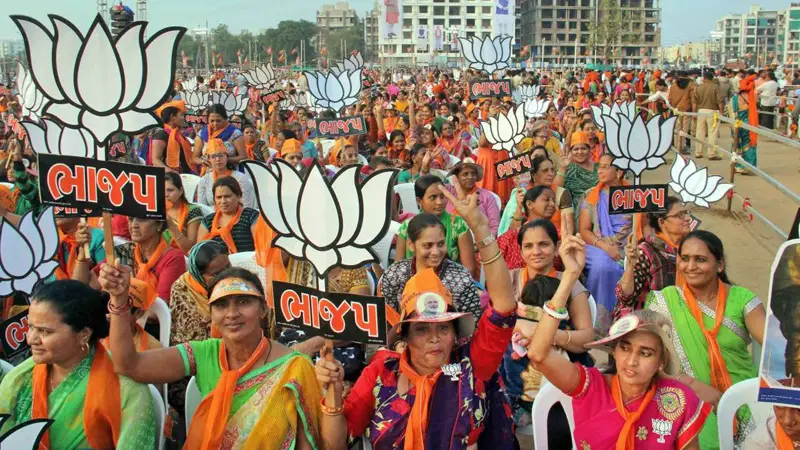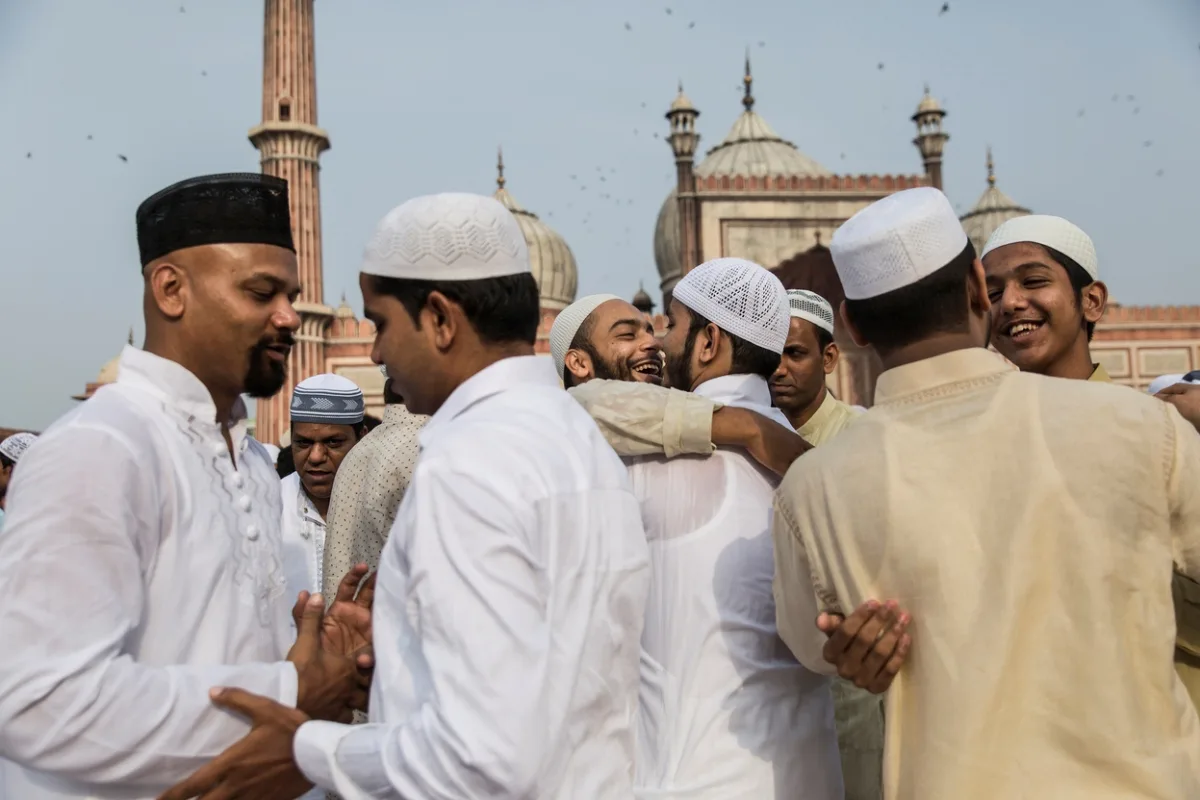In the heart of Varanasi, India’s spiritual capital, the Ganges flows serenely, bearing witness to a city steeped in centuries of history and tradition. Here, amidst the ancient temples and bustling streets, a different kind of history is unfolding—one that is reshaping the country’s political and social landscape.
A decade ago, Narendra Modi, then the Chief Minister of Gujarat, chose Varanasi as his constituency, marking a significant shift in Indian politics. Riding on promises of development and anti-corruption, Modi’s Bharatiya Janata Party (BJP) captured the imagination of a nation hungry for change. However, as Modi seeks a rare third term as Prime Minister, his tenure has been marked by growing concerns over the erosion of India’s secular ethos.
The rise of Hindu nationalism, or Hindutva, under the BJP has sparked fears among India’s Muslim population, which numbers over 200 million. In Varanasi, Muslims like Sana Sabah voice their apprehensions, pointing to a government that they feel is increasingly aligning itself with Hindu interests at the expense of religious minorities.
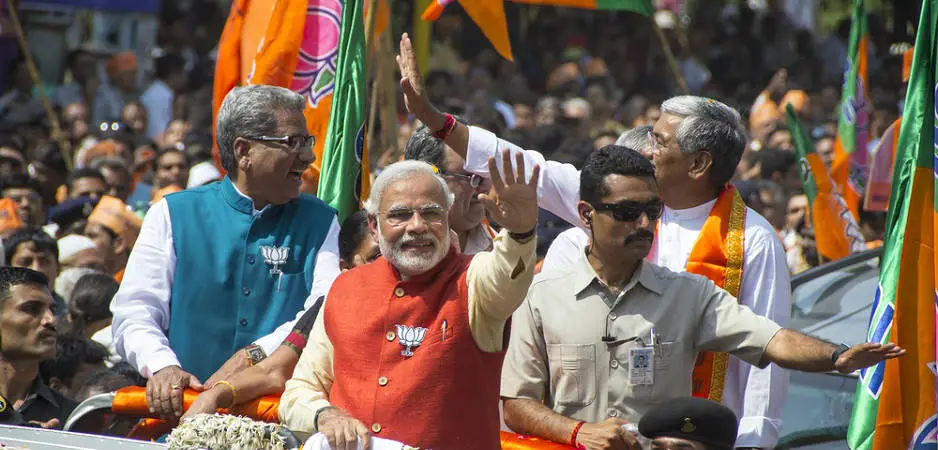
The BJP’s roots in the Rashtriya Swayamsevak Sangh (RSS), a right-wing Hindu organization, have raised concerns about the party’s commitment to secularism. While the government insists that its welfare schemes benefit all communities equally, critics argue that recent legislative changes and discriminatory practices have marginalized Muslims and other minorities.
Modi’s tenure has been marked by significant economic and technological advancements, propelling India onto the global stage. However, these achievements have been overshadowed by controversies such as the revocation of Jammu and Kashmir’s special autonomy and the passing of a controversial citizenship law that excludes Muslim migrants.
The fallout from these actions has been felt across the country, with instances of communal violence and discrimination on the rise. Nasir Ali, a victim of such violence, recounts a harrowing experience where he was shot at simply for being Muslim, highlighting the growing sense of insecurity among India’s minority communities.
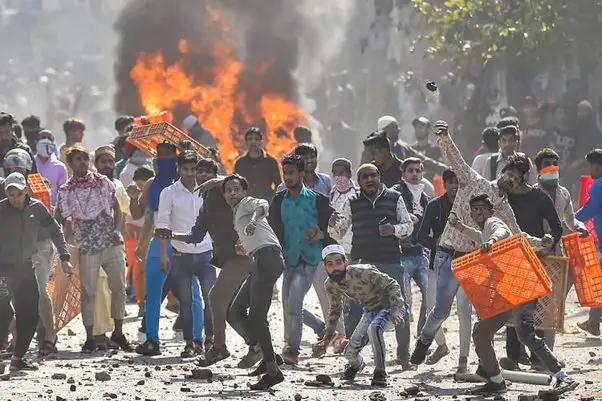
The lack of repercussions for hate speech and inflammatory rhetoric by some BJP leaders has emboldened extremists, further polarizing Indian society. Calls for the protection of religious minorities have been met with assurances from the BJP that all Indians, regardless of religion, are equal under the law.
However, critics point to the lack of Muslim representation within the BJP as evidence of systemic bias. The party’s refusal to field a single Muslim candidate in recent elections has raised questions about its commitment to inclusivity and diversity.
In Varanasi, the Gyanvapi Mosque has become a symbol of the broader struggle for religious freedom in India. Built in the 17th century, the mosque now faces legal challenges from Hindu nationalists who claim it was built on the site of a Hindu temple. The mosque’s fate is emblematic of the larger debate over India’s secular identity and the rights of its religious minorities.
Despite these challenges, voices of dissent remain strong. Hindu priest Swami Jitendranand Saraswati advocates for the reclaiming of Hindu places of worship allegedly destroyed by Mughal rulers, while others, like Vishwambhar Nath Mishra, emphasize the importance of unity and harmony among India’s diverse communities.
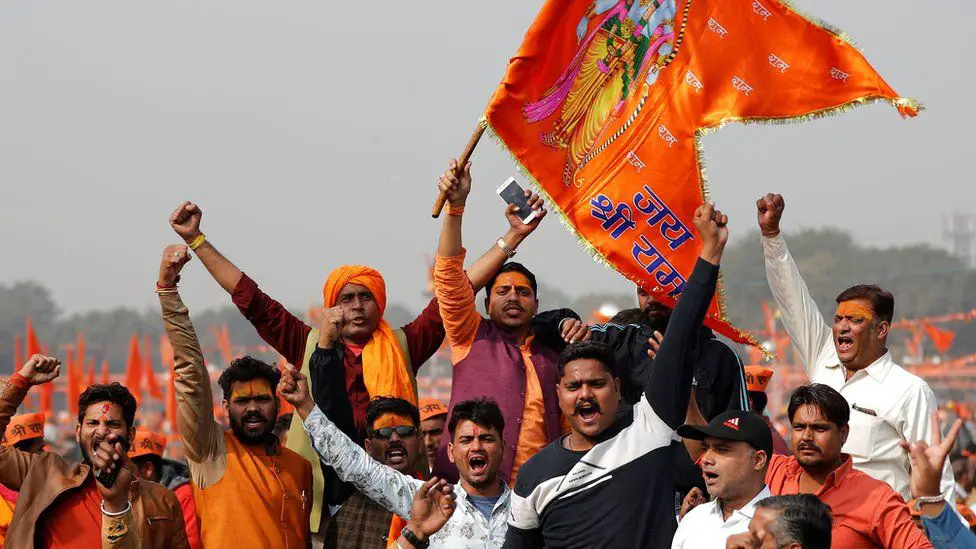
As India navigates the complexities of its religious and cultural diversity, the future remains uncertain. Modi’s India stands at a crossroads, where the ideals of secularism and religious freedom are being tested like never before. The outcome of this struggle will not only shape the destiny of the nation but also define its soul for generations to come.
In conclusion, India’s journey towards a more inclusive and harmonious society is fraught with challenges, but it is a journey worth undertaking. As the world’s largest democracy, India has the opportunity to showcase the power of unity in diversity and serve as a beacon of hope for all nations striving for a better tomorrow.

